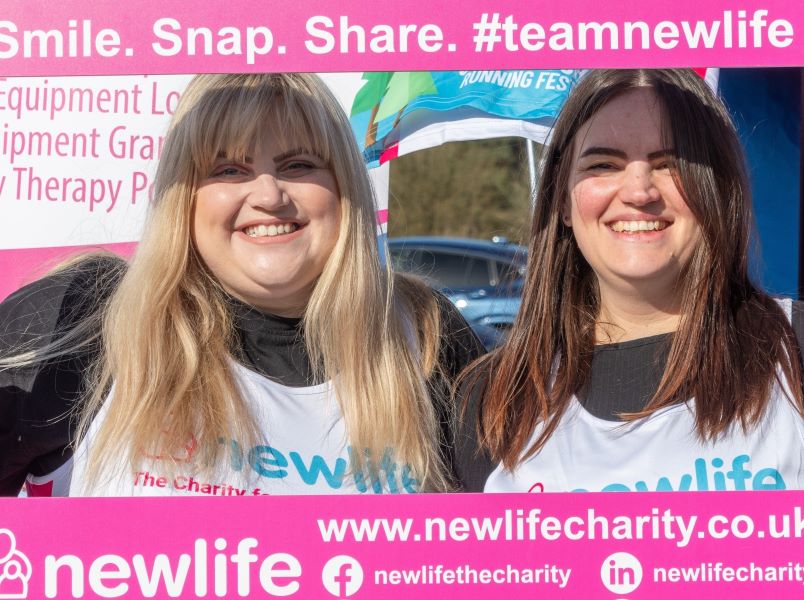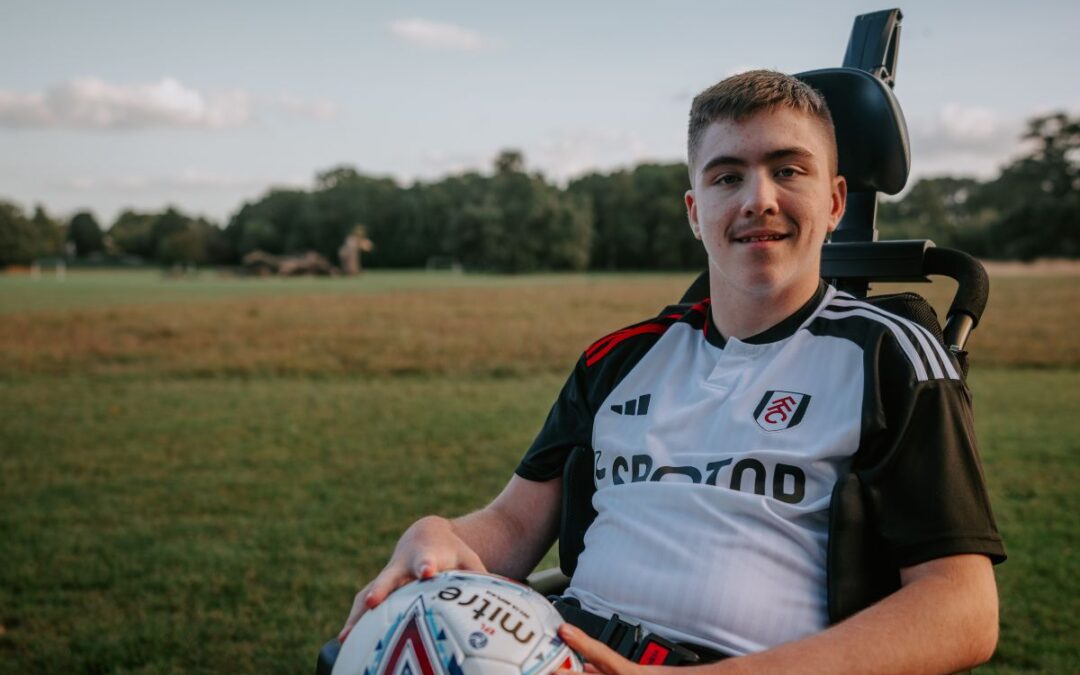
Seven-year-old Dexter Harman has Autism and ADHD – his development is delayed and his isn’t able to speak. He wakes four times a night – sometimes he doesn’t go back to sleep once he has woken – other times he doesn’t sleep at all, staying awake all night.
Dexter is unable to understand how to keep himself safe – he doesn’t realise that climbing on top of the fridge while his mum is out of the room is a dangerous thing to do and he can’t comprehend the harm he could do to himself by chewing live electrical wires. So in order to keep him safe, Dexter’s mum, Helen, would have to ‘sleep’ in the same room as her son so she could keep an eye on him.
She said: “Dexter needs to have someone with him at all times to make sure he is safe. There have been times where he has tried to get out of the window or the front door so leaving him alone isn’t an option especially at night.
“Dexter will seek out enclosed spaces when he is distressed or having a meltdown, so the Safespace bed will allow him to have that sense of security and will allow us to have peace of mind so we can get some rest as well.”
Without Newlife’s Emergency Equipment Loan service Dexter would still be at risk, his parents would still be exhausted and the whole family would still be at crisis point.
Three-fold increase in emergency requests for equipment from local health care professionals in the last five years.
Sheila Brown, said: “We’ve proven an emergency equipment service works, but more worryingly, that there’s a desperate need for this type of rapid response for specialist equipment for children. We must ensure that no child is in danger because they don’t have the right piece of equipment and are calling on government and local services to introduce local based emergency equipment services – it really is a matter of life and death for some.”
Some situations require specialist equipment in an emergency – when a child’s condition and associated behaviours put their lives at risk of serious injury or death. Despite most local health and social care services having jointly commissioned integrated equipment stores to cater for the emergency needs of adults, no such public service exists to respond to the urgent, often life-threatening, needs of disabled or terminally ill children. As a country we’re failing some of the most vulnerable in our society.
Sheila continues: “There’s lots of complex reasons why children are being failed. The law protects their rights to live safely, to have the opportunity to learn and to reach their potential, whatever that may be.
“This matters to every family, cancers, accidents, birth defects and infections. These risks are with us every day. No-one thinks it will happen to them. I didn’t, but that’s the reality.
“We believe that if the government ‘fixes’ the four big issues highlighted here, then hundreds of thousands of our children will benefit.”
NEWLIFE’S FOUR-POINT PLAN
We are calling on national and individual local statutory services to work with us to put in place our four-point-plan which will change hundreds of thousands of children’s lives:
FIX ONE: Cease the use of blanket bans for rationing equipment
Blanket bans are commonly used as a way to manage budget constraints. Essential equipment is denied ‘under any circumstances’, this is arbitrary and fails to respond to their assessed needs.
FIX TWO: Establish and emergency equipment response service
Children in crisis cannot get equipment quickly enough. Local statutory services don’t have an effective emergency equipment response service for children in urgent need. This needs fixing to prevent injury, to allow hospital discharge and to relieve pain.
FIX THREE: Introduce maximum waiting times for equipment assessments across health and social care
Waiting times for assessments for essential equipment are not capped, and there are widespread lengthy delays – families can wait months, sometimes years before their child is prescribed the equipment they need. This leaves disabled children living in pain or at risk of injury and their families in constant anxiety. They simply can’t wait.
FIX FOUR: Ensure every disabled child is counted
Disability registers are failing. Without an accurate measure, health and social care services cannot budget to meet the need. Local authorities must put in place an accurate way to measure the number of disabled children to ensure that no child is invisible.




